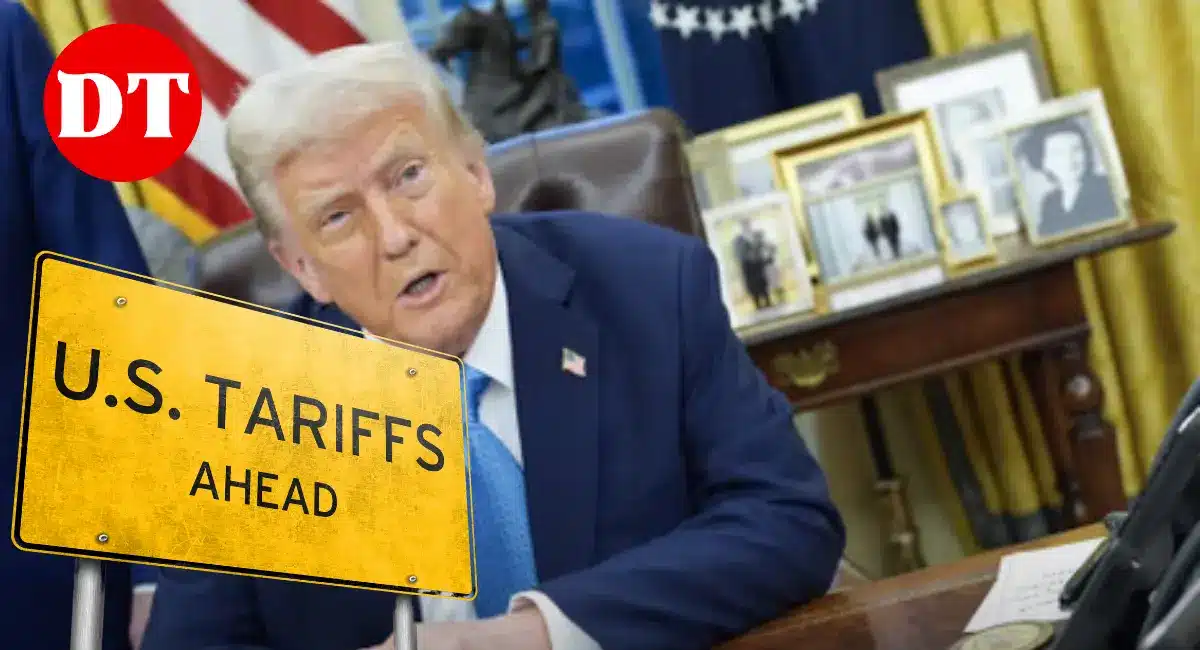President Donald Trump announced on Monday that the United States will impose a 25 percent tariff on all steel and aluminum imports. This decision is part of his plan to use tariffs to negotiate better trade deals and help reduce the national budget deficit.
While flying to New Orleans for the Super Bowl, Trump told reporters, “Any steel coming into the United States is going to have a 25 percent tariff,” and confirmed that aluminum would also be taxed similarly. He mentioned plans for “reciprocal tariffs,” which means the U.S. would charge duties on foreign goods if other countries impose tariffs on American products. He said, “If they are charging us 130 percent and we’re charging them nothing, it’s not going to stay that way.”
According to an Associated Press report, the announcement has caused stock prices to drop, and many Americans are worried about rising prices due to these new tariffs.
RelatedPosts
This move shows a change in Trump’s focus from tax cuts and deregulation to using tariffs as a way to negotiate and raise money. Recently, he had delayed a 25 percent tariff on goods from Canada and Mexico, which was supposed to last for 30 days. He has also already put a 10 percent tariff on imports from China.
Additionally, Trump said on Friday that tariffs on small packages, often imported by fast-fashion companies like Temu and Shein, would be postponed until customs officials find a way to implement them. These smaller shipments had previously been exempt from tariffs.
As these new tariffs are set to take effect, it remains to be seen how they will affect American consumers and the economy. The potential for higher prices on imported goods could lead to more discussions about the balance between protecting American industries and promoting economic growth.










